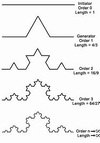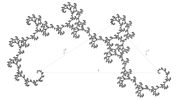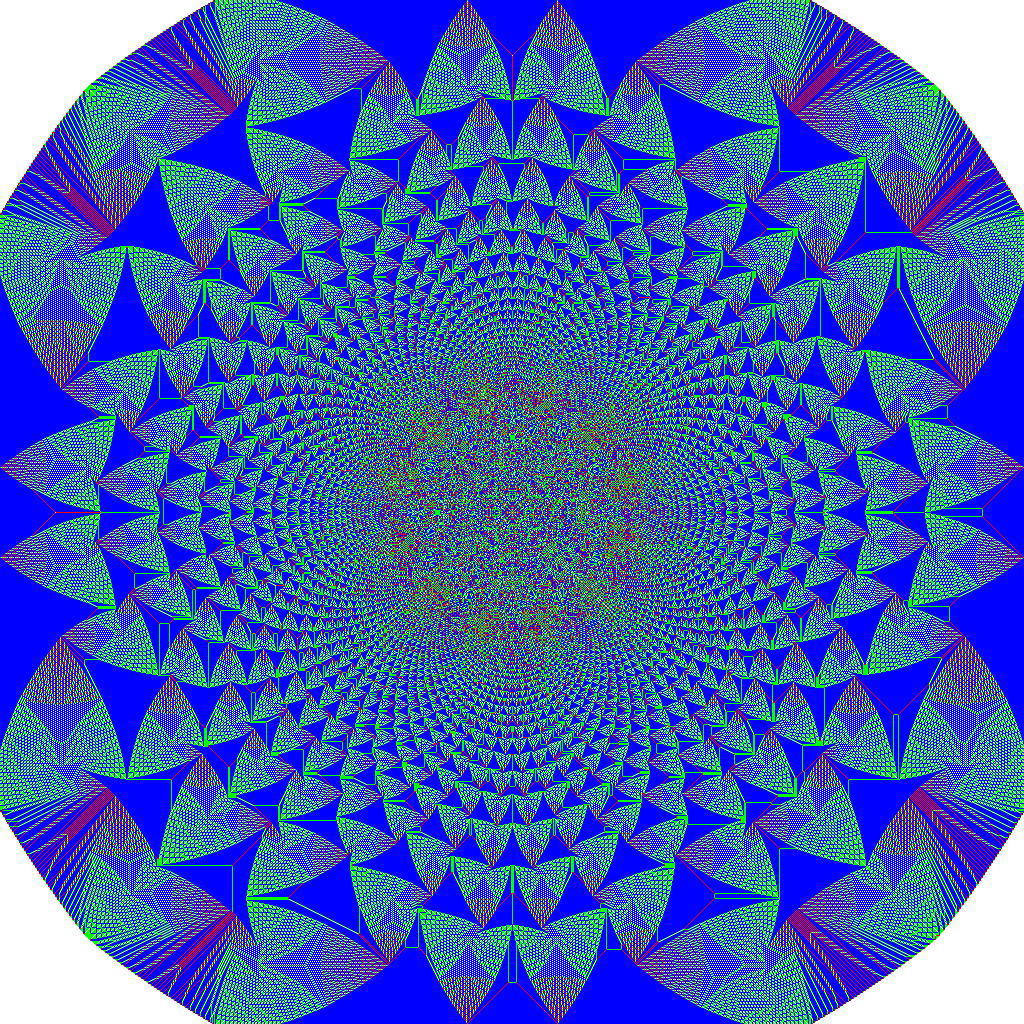Write4U:
Do you know that fractals do not eventually yield a curved space?
I'll answer that in a moment. But why are you avoiding answering the question I asked you and trying to distract from your non-answer by asking me a question? Can't you just answer the question I asked you about
your claim? Is it
because you can't justify
your claim that you're avoiding answering my question?
Look. You wrote this:
Write4U said:
AFAIK, all fractals eventually yield a curved space.
"AFAIK" means "as far as I know", which implies that you believe you know something about how all fractals eventually yeild a curved space.
My question to you was simple: "Tell he
how you know that all fractals eventually yield a curved space".
If you claim to know something, doesn't that imply you can explain
why you believe it, why you think your belief is justified and why the thing you claim to know is true?
If you can't explain why you believe that it is a truth that all fractals eventually yield a curved space, then I am forced to draw the conclusion that you just believe it because you want to believe it, for no particular reason, or that somehow you just became convinced that it is true but you have no conscious understanding of what it was that made you so convinced. Either way, neither of
those explanations for why
you believe is going to do
anything to shift the dial of whether
I'm going to become more likely to believe what you believe. What
would shift the dial for me would be if you could give me at least
one cogent reason why I should accept that what you have claimed is true.
Of course, you haven't done that. Instead, you've just tried to avoid giving any reason for your belief, and you've asked me about my belief.
Moving on...
Your question to me is "Do
you know that fractals do not eventually yield a curved space?". I will do you the courtesy of actually answering your question, rather than trying to dodge it like you did with mine.
My answer comes in three parts:
1. I'm not sure what "yield a curved space" even means. Are you saying you think that a fractal can somehow cause physical space to curve? Are you saying that a fractal can somehow produce gravity, like gravity described as curved spacetime in the general theory of relativity? Or what? What sort of "curvature" are you even talking about?
2. I don't know how a fractal - a mathematical abstraction -
could possibly "yield" a curved
physical space, because I can't think of a way that
any abstraction can
create anything in the physical world.
3. The more fundamental answer is: I
don't claim to know that fractals do not eventually yield a curved space. But
I'm not the one who is making claims to knowledge about this. That would be
you. You said that you know that fractals do this. If you actually know, and can justify your belief, then maybe you can convince me to believe what you believe. Until you do that, I'm going to be skeptical, not least because of reasons 1 and 2.
Answer 2 should be very familiar to you by now, given our previous discussions about Tegmark and his "mathematical universe" and the map-territory problem and all that.
Now, will you answer the question I asked you?
I don't dispute GR at all. My question is if GR is fundamentally fractal in geometry.
GR isn't about fractal geometry. It's a theory of gravity.
Fractal geometry is a sub-field of pure mathematics. In contrast to GR, it is not a physical theory.
I have no quarrel with GR. And I don't think GR has a problem with fractality.
GR is not a theory of fractals. It is a theory of spacetime. Similar, fractal geometry is not a theory of gravity. It is a study about mathematical geometrical structures.
A fractal universe is new science.
What's a fractal universe?
And it appears to agree with the cosmological principle of uniformity.
What's the cosmological principle of uniformity, and why is it important to fractals?
Look at all the beautifully curved flora. AFAIK all fractals in nature are self-organizing.
No. Mathematical abstractions do not "self-organise". Humans organise mathematical concepts.
I don't know what you mean when you claim that nature "self-organises". If all you're saying is that the "laws of physics" can help explain why natural systems look the way they do, then okay. But that's just the core assumption of all the sciences.
If that is true, then there must be some fundamental ordering taking place at all levels of expression.
What's a "level of expression"? How many levels are there? What is a "level", anyway, in this context?
What do you mean by "fundamental ordering". What is being ordered?
Can you give an example of one "natural thing" that has "fundamental ordering" at "all levels of expression"?










